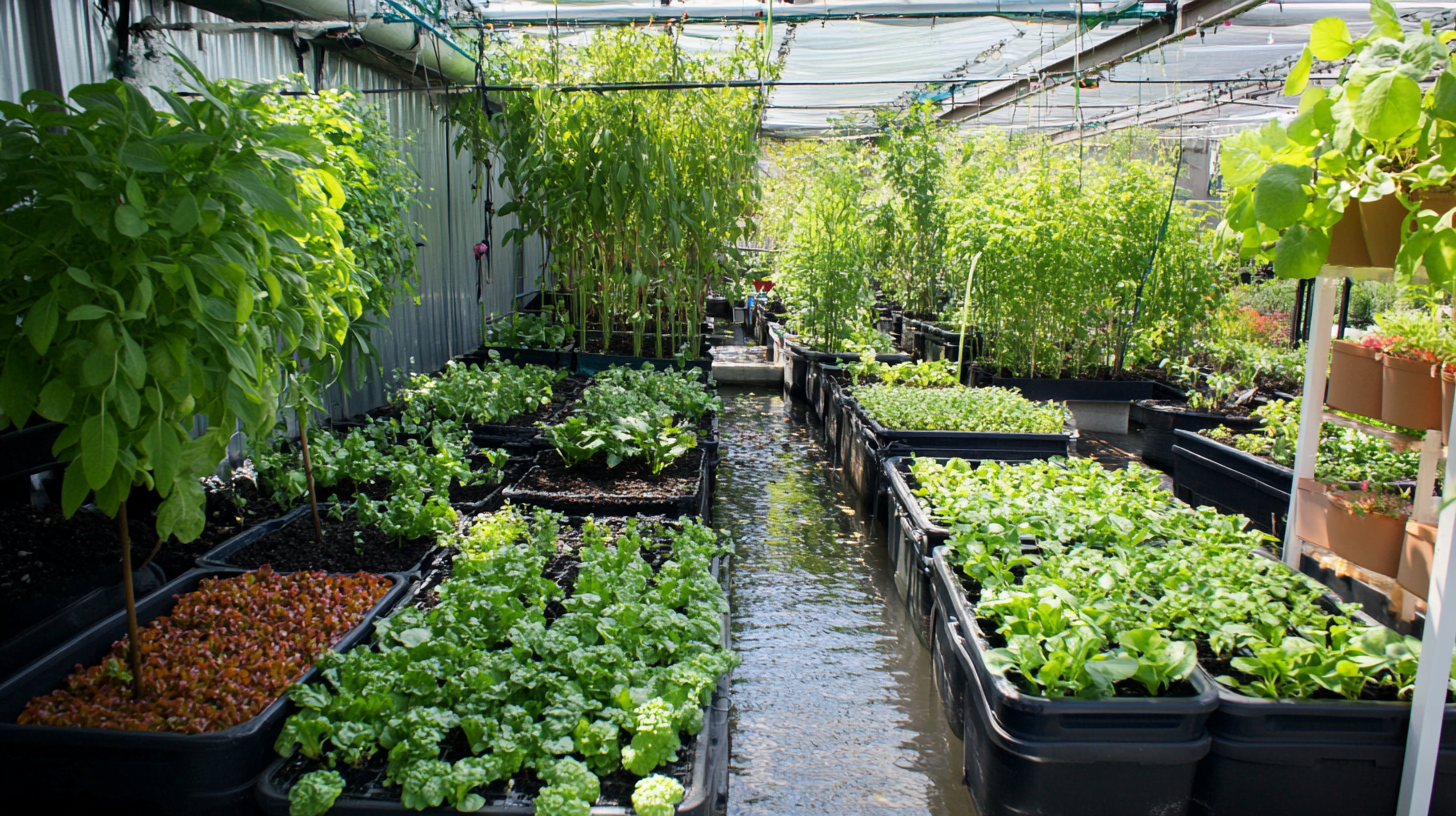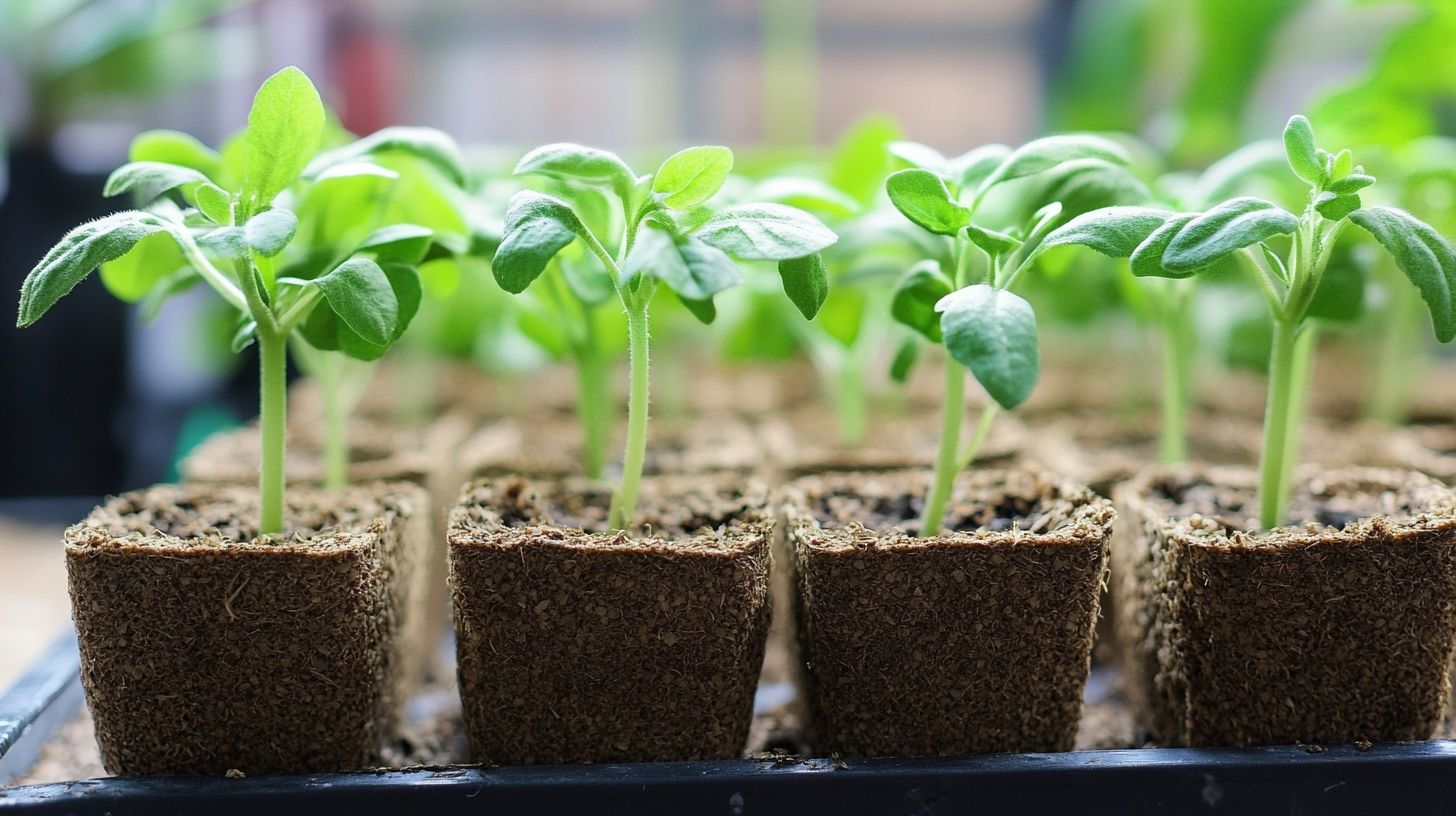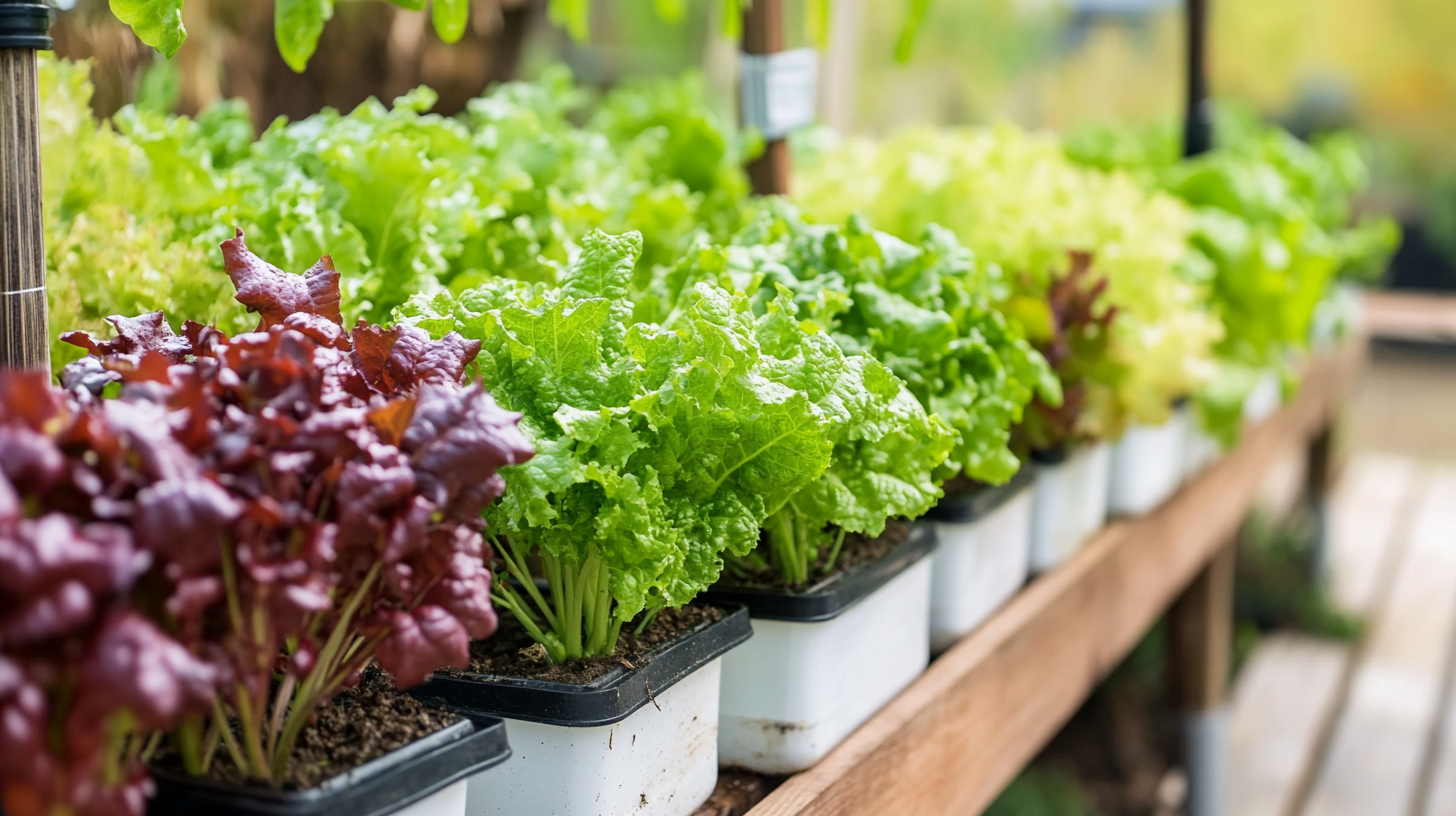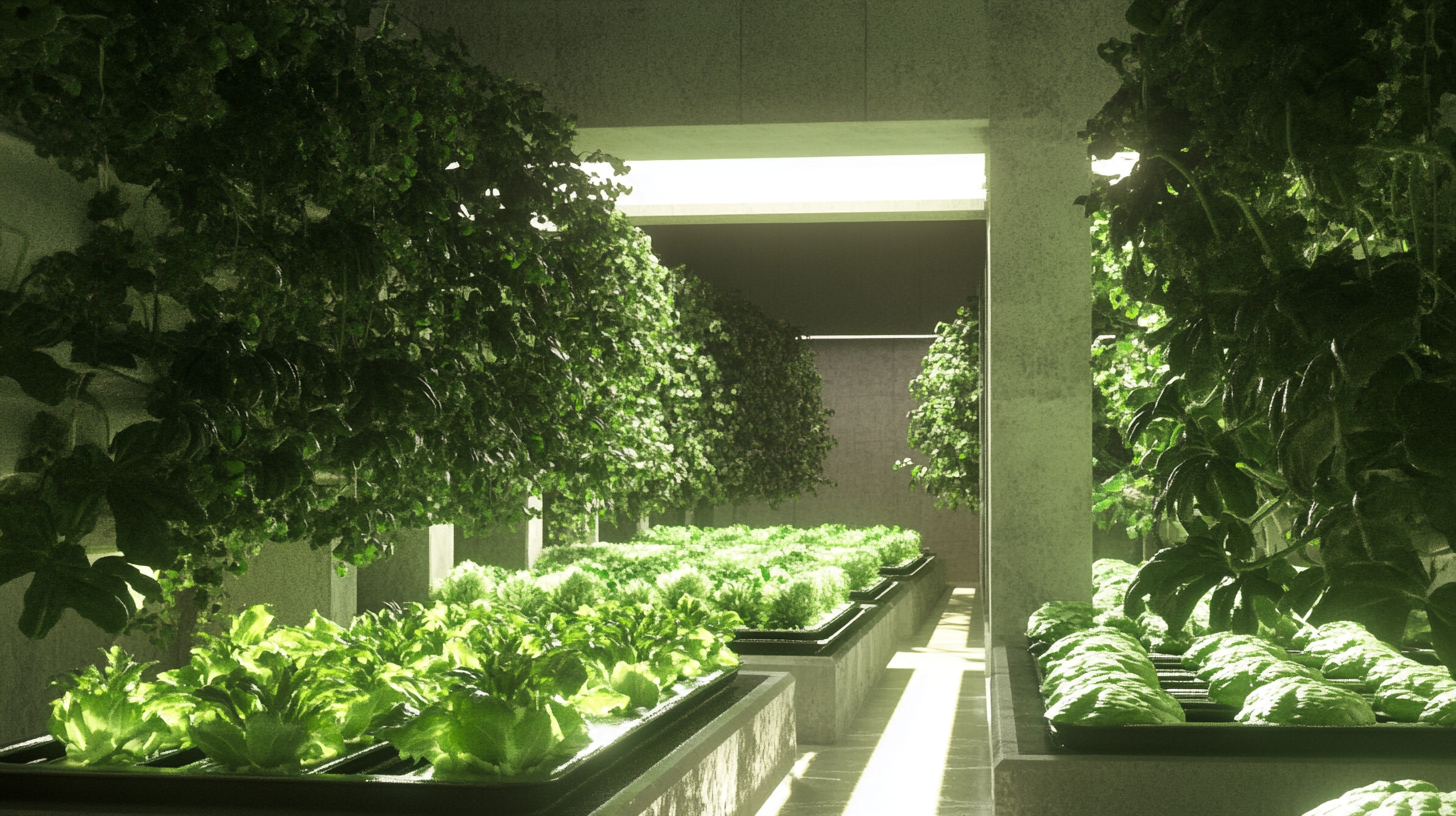Table of Contents
In the ever-evolving world of agriculture, hydroponics has emerged as a groundbreaking method of growing crops without soil. But can these soilless wonders be certified organic? Let’s dive into this complex and controversial topic, exploring the ins and outs of hydroponic farming and organic certification.
What is Hydroponic Farming?
Hydroponics is a method of growing plants using nutrient-rich water instead of soil. This innovative technique has gained popularity due to its efficiency and ability to produce crops in urban environments or areas with poor soil conditions.
Key principles of hydroponics include:
- Soilless growing medium
- Nutrient-rich water solution
- Controlled environment
- Efficient use of space and resources
There are several types of hydroponic systems, each with its own unique advantages:
- Nutrient Film Technique (NFT)
- Deep Water Culture (DWC)
- Wick System
- Ebb and Flow (Flood and Drain)
- Drip System
- Aeroponics
Hydroponic farming offers numerous benefits over traditional soil-based agriculture:
- Water efficiency (up to 90% less water usage)
- Higher crop yields
- Year-round production
- Reduced pesticide use
- Space-saving design
Understanding Organic Certification
Organic certification is a process that verifies agricultural products have been grown and processed according to strict guidelines. These standards typically emphasize soil health, biodiversity, and the use of natural inputs.
The USDA National Organic Program (NOP) oversees organic certification in the United States. To be certified organic, farms and processing facilities must:
- Avoid synthetic fertilizers and pesticides
- Implement crop rotation and soil management practices
- Maintain detailed records
- Undergo annual inspections
The Debate: Can Hydroponics Really Be Organic?
The question of whether hydroponic crops can be certified organic has sparked heated debate within the agricultural community. Let’s examine the arguments on both sides:
Arguments for Hydroponic Organic Certification
Proponents of hydroponic organic certification argue that:
- Hydroponic systems are highly efficient and environmentally friendly
- They can produce nutritious, pesticide-free crops
- The organic standards don’t explicitly require soil-based production
Arguments Against Hydroponic Organic Certification
Opponents contend that:
- Organic farming is fundamentally about soil health and ecosystem management
- Hydroponic systems don’t foster soil fertility as required by the Organic Foods Production Act
- Allowing hydroponic certification dilutes the meaning of “organic”
Current Regulations and Policies
The USDA currently allows hydroponic crops to be certified organic, provided they meet all other organic standards. This decision has been upheld in court, with a recent ruling by the U.S. 9th Circuit Court of Appeals affirming the USDA’s position.
However, the debate continues, and some organic advocacy groups are pushing for changes to the regulations.
The Soil Fertility Requirement: A Sticking Point
One of the main points of contention is the interpretation of the “soil fertility” requirement in the Organic Foods Production Act. The act states that organic producers must implement practices that “foster soil fertility.”
| Interpretation | Argument |
|---|---|
| Pro-Hydroponic | The requirement only applies to soil-based systems |
| Anti-Hydroponic | All organic production must involve soil management |
Organic Hydroponics: Is It Possible?
While the debate rages on, some hydroponic growers are working to create systems that align more closely with organic principles. These efforts include:
- Developing organic nutrient solutions
- Implementing bioponics and aquaponics systems
- Focusing on biodiversity and ecosystem health within hydroponic facilities
Consumer Perspectives
Consumers play a crucial role in this debate, as their understanding and expectations of “organic” products influence market demand. Some key considerations include:
- Transparency in labeling
- Education about hydroponic growing methods
- Consumer trust in organic certification
Environmental Considerations
When evaluating the organic status of hydroponic crops, it’s important to consider their environmental impact:
Pros:
- Water conservation
- Reduced land use
- Potential for urban agriculture
Cons:
- Energy consumption for lighting and climate control
- Potential for plastic waste from growing containers
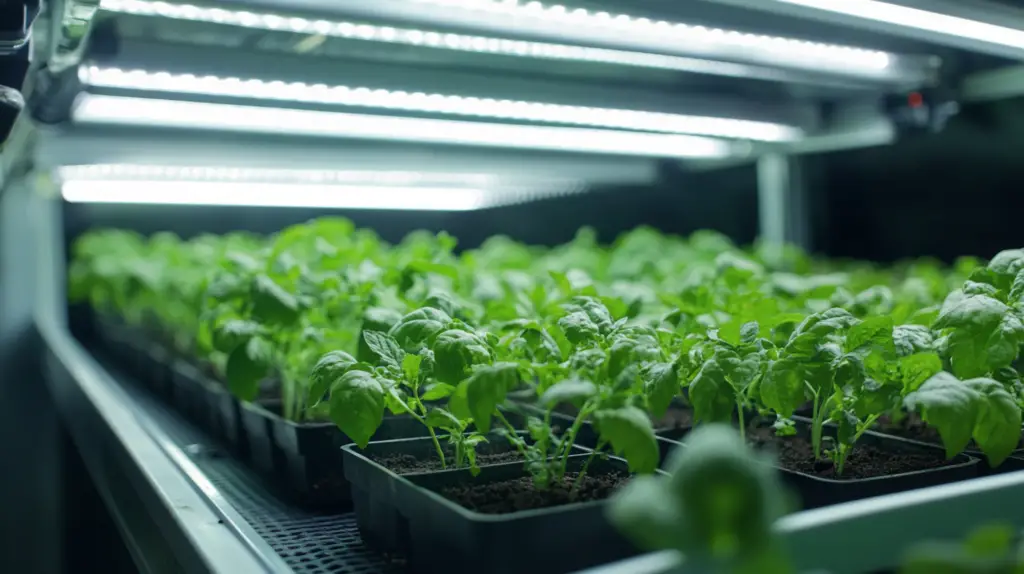
The Future of Hydroponic Organic Certification
As the debate continues, several possibilities for the future of hydroponic organic certification emerge:
- Maintaining the status quo
- Creating separate certifications for soil-based and hydroponic organic products
- Developing new standards that incorporate both traditional and innovative growing methods
Conclusion: Balancing Innovation and Tradition
The question “Can hydroponics be certified organic?” doesn’t have a simple answer. It involves complex considerations of agricultural practices, environmental impact, and the very definition of “organic.”
As we move forward, it’s crucial to:
- Continue research into sustainable hydroponic practices
- Foster open dialogue between traditional and hydroponic farmers
- Educate consumers about different growing methods
- Develop clear, consistent standards that promote both innovation and environmental stewardship
By addressing these challenges, we can work towards a future where diverse agricultural methods coexist, providing nutritious, sustainable food for a growing global population.
